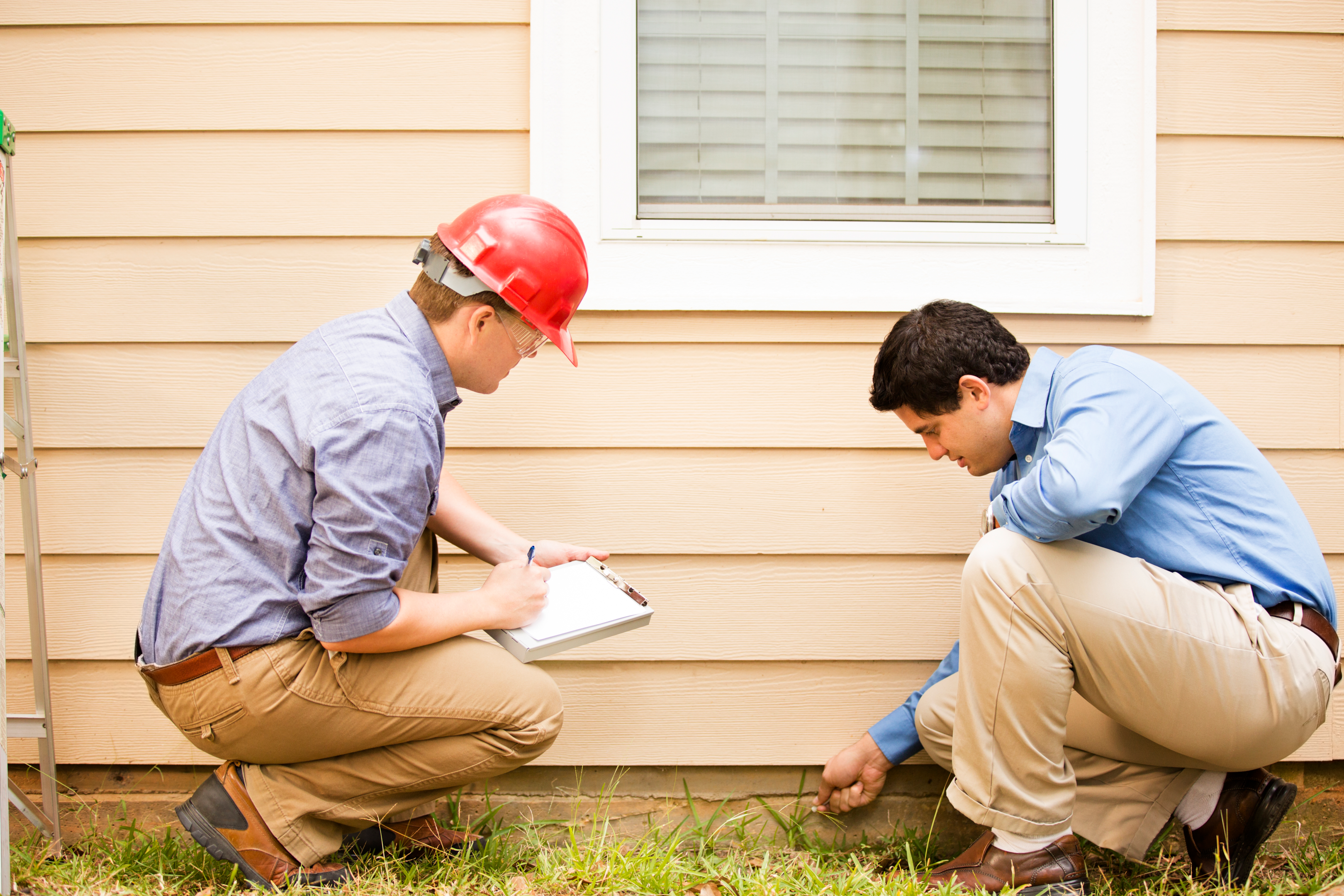Uncommon Home Inspections to Consider When Buying a Home

A home inspection is almost automatic for homebuyers during the escrow period. The goal is to uncover issues that present either an unsafe environment, potentially expensive repairs, and other challenges the new buyer may not expect. The cost and depth varies widely in the real estate industry. The quality depends not only on the expertise of the inspector, but the time they spend on the property and the kind of tests they perform.
Some inspection items are typical, such as electrical and systems, but others are not performed unless requested. These less common inspections may not be necessary in all instances but should be considered when hiring an inspector.
-
Radon Gas Inspection: Recommended in areas known for radon gas presence, as it's a colorless, odorless gas that can pose health risks.
-
Electromagnetic Radiation Testing: Useful if concerned about potential electromagnetic fields from power lines or appliances, especially for sensitive individuals.
-
Geological Survey: Recommended for properties in areas prone to geological hazards like landslides or sinkholes.
-
Sewer Line Scope: Advisable to identify any issues with the sewer lines, such as blockages or damage, which can lead to costly repairs.
-
Mold Inspection: Important if there are signs of mold or water damage, or if occupants have allergies or respiratory issues.
-
Water Quality Inspection: Necessary to assess the safety of the drinking water, especially for properties with private wells or in areas with water quality concerns.
-
Drainage Check: Essential to prevent water damage and flooding, particularly for properties with poor drainage or grading issues.
-
Pool/Spa Inspection: Recommended for properties with pools or spas to ensure they are safe, compliant, and in good working condition.
-
Soil Analysis: Useful for determining soil composition and suitability for construction or landscaping purposes.
-
Energy Efficiency Audit: Beneficial for assessing energy usage and identifying opportunities for improving energy efficiency and reducing utility costs.
-
Air Quality Testing: Important if there are concerns about indoor air pollutants such as volatile organic compounds (VOCs) or allergens.
-
Chimney Inspection: Essential for properties with chimneys or fireplaces to ensure they are safe and structurally sound.
-
Septic System Inspection: Necessary for properties with septic systems to assess their condition and functionality.
These uncommon inspections may require hiring specialists to ensure a quality and thorough check. Spending the time, and money, ahead of time can save thousands of dollars in repair or retrofit costs later
Feel free to contact The Agency Team for a FREE consultation to see how our agents can assist you in buying or leasing your perfect home. Call at 713-766-3544 or email at theagencyteam@theagencyteamre.com


